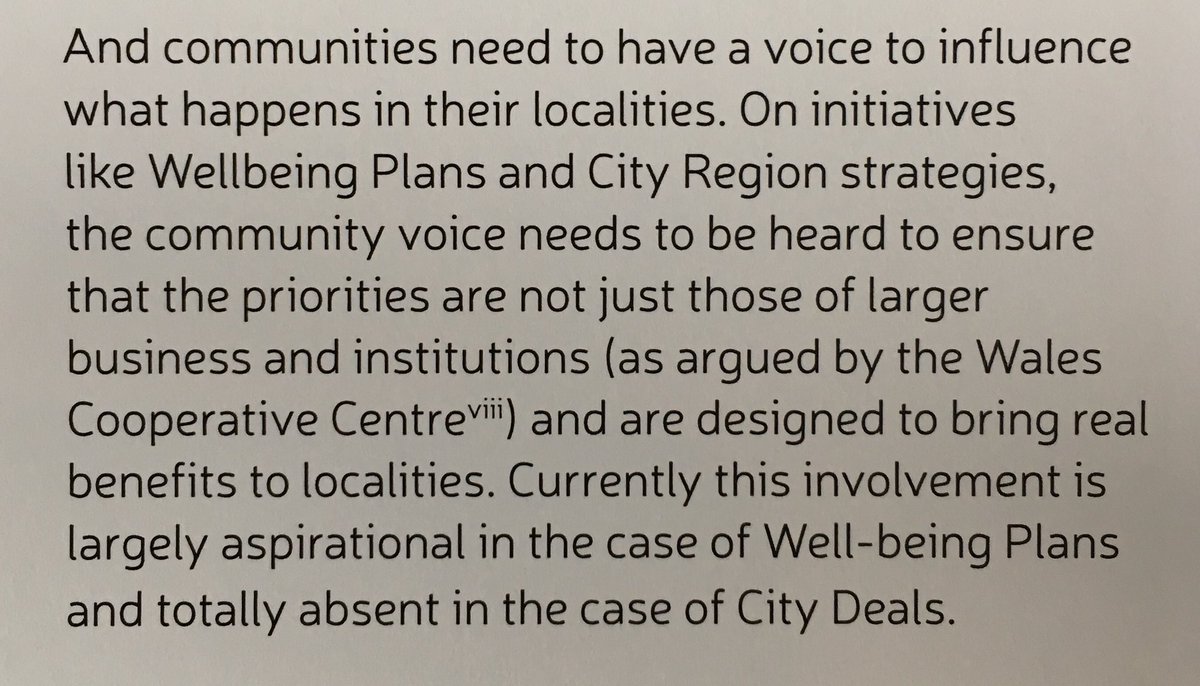
Does anyone know anything about Homologation?
Dictionaries say it’s basically a way of setting standards or approving something.
But…
I’m interested in how it might stimulate innovation.
Regulators ‘driving innovation’ @tobyjlowe
Something motor racing does.
Thread ⬇️
Dictionaries say it’s basically a way of setting standards or approving something.
But…
I’m interested in how it might stimulate innovation.
Regulators ‘driving innovation’ @tobyjlowe
Something motor racing does.
Thread ⬇️

Some F1 Engineers I met told me that Homologation
Specifically the Regulators cunningly ‘changing the rules’
Forced them the develop new solutions (innovation, tralllahhh)
Details here⬇️
Homologation, Rule Changes and Forcing Innovation
bit.ly/2O6y9gI
Specifically the Regulators cunningly ‘changing the rules’
Forced them the develop new solutions (innovation, tralllahhh)
Details here⬇️
Homologation, Rule Changes and Forcing Innovation
bit.ly/2O6y9gI
Apparently it’s all part of a system where these innovations find their way into the mainstream.
The F1 Engineers said that domestic electric car tech started in F1, and
Here’s an unexpected application on supermarket fridge cooling
thecheckeredflag.co.uk/2017/11/willia…
More ⬇️
The F1 Engineers said that domestic electric car tech started in F1, and
Here’s an unexpected application on supermarket fridge cooling
thecheckeredflag.co.uk/2017/11/willia…
More ⬇️
So,
My question.
If Homologation and changing the rules to force innovation is a thing,
How could this work in areas like: social care, housing, health care, financial managing or anything?
@tobyjlowe @REDavidKnight @DyfrigWilliams @AndyTBrogan @SionCharles @PaulIanTaylor
My question.
If Homologation and changing the rules to force innovation is a thing,
How could this work in areas like: social care, housing, health care, financial managing or anything?
@tobyjlowe @REDavidKnight @DyfrigWilliams @AndyTBrogan @SionCharles @PaulIanTaylor
• • •
Missing some Tweet in this thread? You can try to
force a refresh














